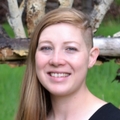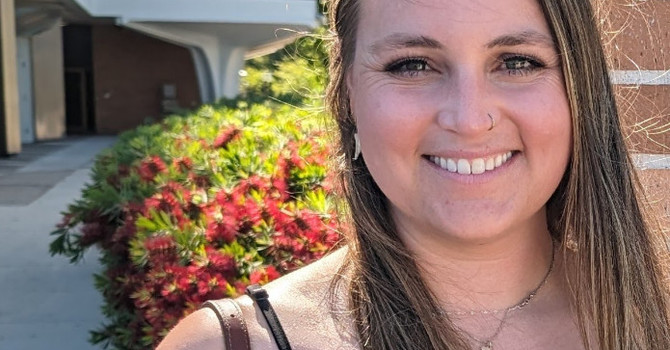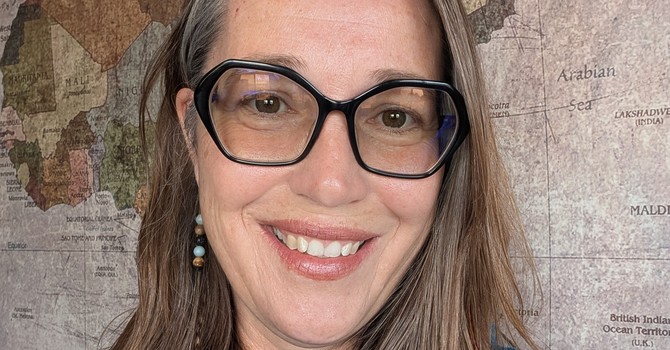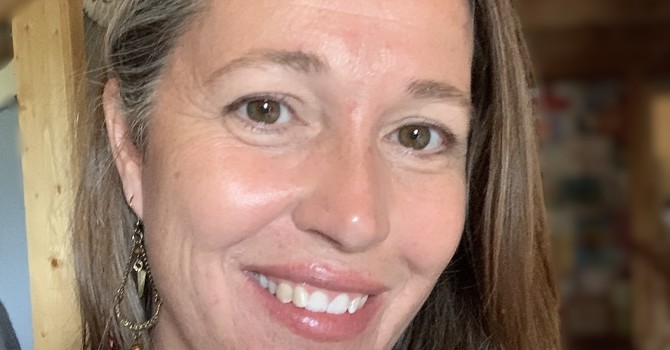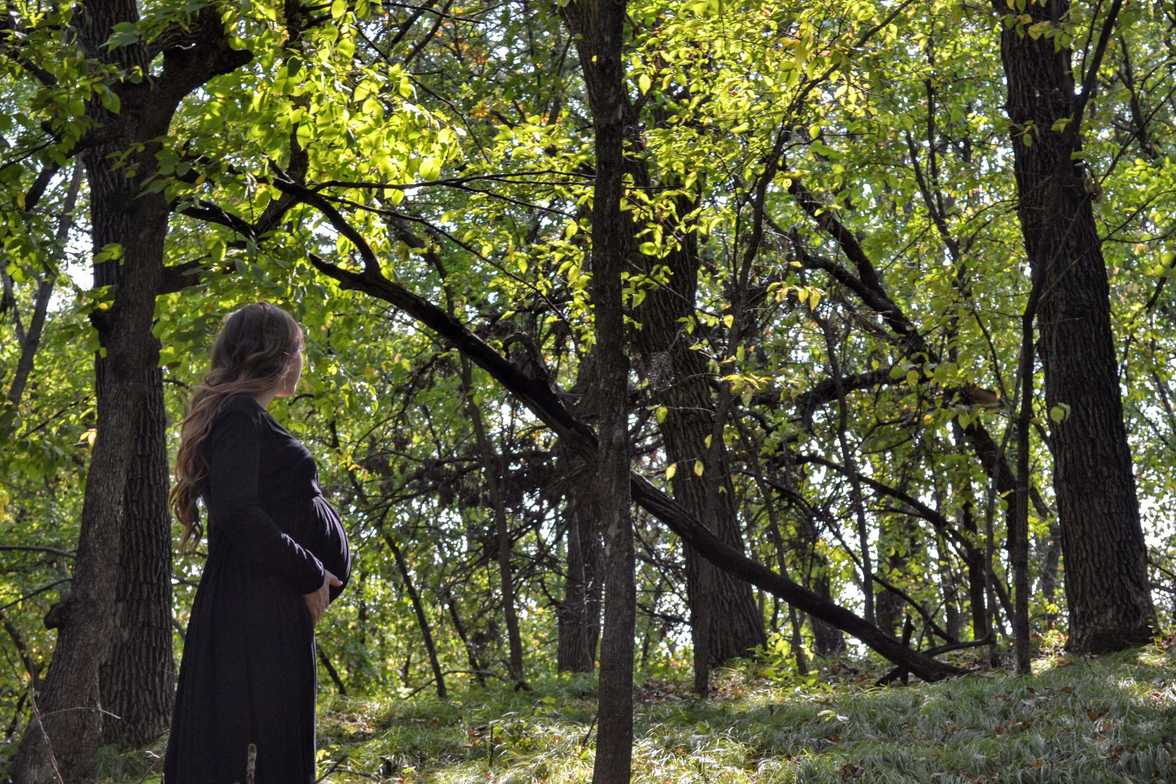
Is it possible for young kids to be obedient, helpful, and generally well behaved? I was. Sure, I still thought like a kid, and had childish behaviors, but there was something different about my siblings and me from other kids we would interact with.
As I've watched some of my siblings and friends have children of their own, and now being a new parent myself, I occasionally ponder on what exactly my parents did to produce kids like us.
I've asked my parents numerous times, "What was your trick?", to which they usually respond by shrugging their shoulders and telling us we were just good kids. While I believe that all children born into the world are innately good people, I also believe that the people in their lives fulfilling parenting roles can greatly influence their overall behavior and happiness.
My son is only 7 months old. We are still in the “You can’t spoil a baby,” phase. Unlike a toddler, he doesn’t argue back and he doesn’t protest my every action or command. In a way, I feel like the stage my baby and I are at right now is pretty easy. We adore each other, we get along great, and we know exactly what to do and say to make one another happy. How does one do that with a toddler?
I’ve babysat toddlers, had toddlers for siblings, and been around enough of them throughout everyday experiences to know that toddlers are appropriately feared by most adults. Their emotions get the better of them frequently, and most people don’t understand emotions well enough to teach another adult, let alone a small child, how to chill out and think critically. But that’s the thing; it doesn’t take some highly credentialed expert to raise happy and helpful kids. I believe that anyone who has the right tools, and a clever bag of tricks will achieve the kind of relationship with their children every parent dreams of.
So, what are the tools!? What’s in the bag of tricks!? Well, I must confess I still don’t have a complete collection. I’ve just started my journey of rounding up the resources I’ll put into practice with my own son when the time is right. Some of which I am very very excited about. It would take an entire book (or two) to explain everything I’ve learned thus far. Most of what I have learned comes from a book which I’ve been able to cross reference with life experiences I’ve observed in families I’ve spent significant time with, and in my own home I grew up in. Said book has, dare I say, Changed. My. Life. It’s called, Hunt, Gather, Parent, written by Michaeleen Doucleff PhD, a correspondent for NPR’s “Science Desk”. My scholarly background is in science as well, which has greatly influenced the way I write and explain things, as well as the way I would prefer to receive information. I appreciate sound evidence and explanations for findings. It comforts me. The more biased and factless a book or podcast is, the more likely I am to dismiss it. However, I am also a sucker for stories. I love to hear stories, read stories, and tell stories. I think non-fiction, “adult” books are so much more tolerable when they are full of anecdotes. Hunt, Gather, Parent is a book full of science backed data, lots of stories, and it has application to my own life! I was sold by the end of the first chapter.
Reading, Hunt, Gather Parent and other similar books brought up many memories of my own childhood and how my parents used the same tools within the books. They didn’t use all of the tools I read about, nor were they used in the exact same way; however, I can see clearly now that my parents didn’t just have “good kids”. They helped us realize our potential. My dad taught us how to take deep breaths in order to calm down and focus on the issue at hand. My mom allowed, even encouraged, us to do things on our own like brushing our own hair and teeth, getting dressed, making a snack, etc. My parents gave us autonomy and made us feel like true members of the family by including us in family decisions and family work days (which consisted of laborious projects on the property which was always rewarded with a special treat or activity). They treated us like little humans, not helpless and needy blobs.
Now that I can pinpoint some of the exact things my parents did that influenced me to be the kind of child I was, I have even more applicable strategies to use as I interact with the young people in my life. And that’s another thing I appreciate about the books I’ve read. They have urged me to draw upon similar experiences I’ve had or witnessed so I can connect more deeply with the experiences shared throughout the books. While Dr. Doucleff shares some of the wisdom she procured from Mayan villages in Mexico, I couldn’t help but reflect on the time I spent living with a family in Teacapán, Sinaloa. In her book, Hunt, Gather, Parent Dr. Doucleff associates the Mayan way of parenting primarily with raising helpful children. Having lived in a Mexican household of 6 other kids ranging from 18-5 years old, I can tell you, those were some acomedido (helpful) kids! Their parents didn’t even have to ask them to help out most of the time. The children saw what needed to be done and they did it. Everyone pitched in with the tasks they were best suited for and complaining was rare. It was a good feeling to be on the same wavelength as everyone else.
The author’s intentions behind writing Hunt, Gather, Parent is another reason I vouch for the book’s value. She and her daughter were not on the same wavelength. Dr. Doucleff had all the right intentions as a parent–to raise her daughter in a loving home and strive for peace and happiness for each family member. Well, it turns out unconditional love isn’t necessarily enough to keep your toddler from smacking you across the face in public, or having a meltdown at the drop of a hat. Dr. Doucleff’s daughter is described as that exact kind of toddler. Every parent’s nightmare. Temper tantrums several times a day, arguing, screaming, crying, not listening or obeying the instructions coming from her parents. Then, on a work trip in Mexico, Dr. Doucleff saw a better way to parent. Intrigued, and hopeful that she and her daughter could someday have the same outcome as the relationships she witnessed, she set off to retrieve more data and to observe more happy and helpful parent-child interactions.
I am a new parent. I feel so many emotions about this new title. Excitement, fear, anxiety, hope, joy, dread, exacerbation, peace. Finding bits of knowledge and wisdom that give me more assurance and confidence in my parental role lighten my load and dissipate external pressures. Out of all the advice, and information out there on parenting, the book Hunt, Gather, Parent not only makes the most sense to me, but it feels good. When I try out some of the tips shared throughout the book I don’t feel any negative feelings. That’s so important to me because I don’t want to feel guilt or shame for the things I do in effort to be a “good” parent. That being said, I haven’t come close to utilizing all of the tools described in the book. I don’t know if I’ll ever use all of them, but that’s another great aspect of Hunt, Gather, Parent. There’s such a variety of techniques one can use to avoid conflict; one can pick and choose the things that come most naturally, and work best with their family dynamic. The three hunt-gather peoples Dr. Doucleff visits are similar in some ways and different in many others. They live, and have lived across the world from each other for thousands of years, after all. Therefore, cultural differences are reflected in the overall personalities of these communities. While reading the book, I noticed that because of the nature of my personality, some of the shared tools were not going to be very easy and perhaps not even doable for me. Again, that’s okay, because so many different tips and tricks are shared that as long as you can walk away with at least one thing that makes your relationship with your little one(s) even better…It’s worth the price of admission.
